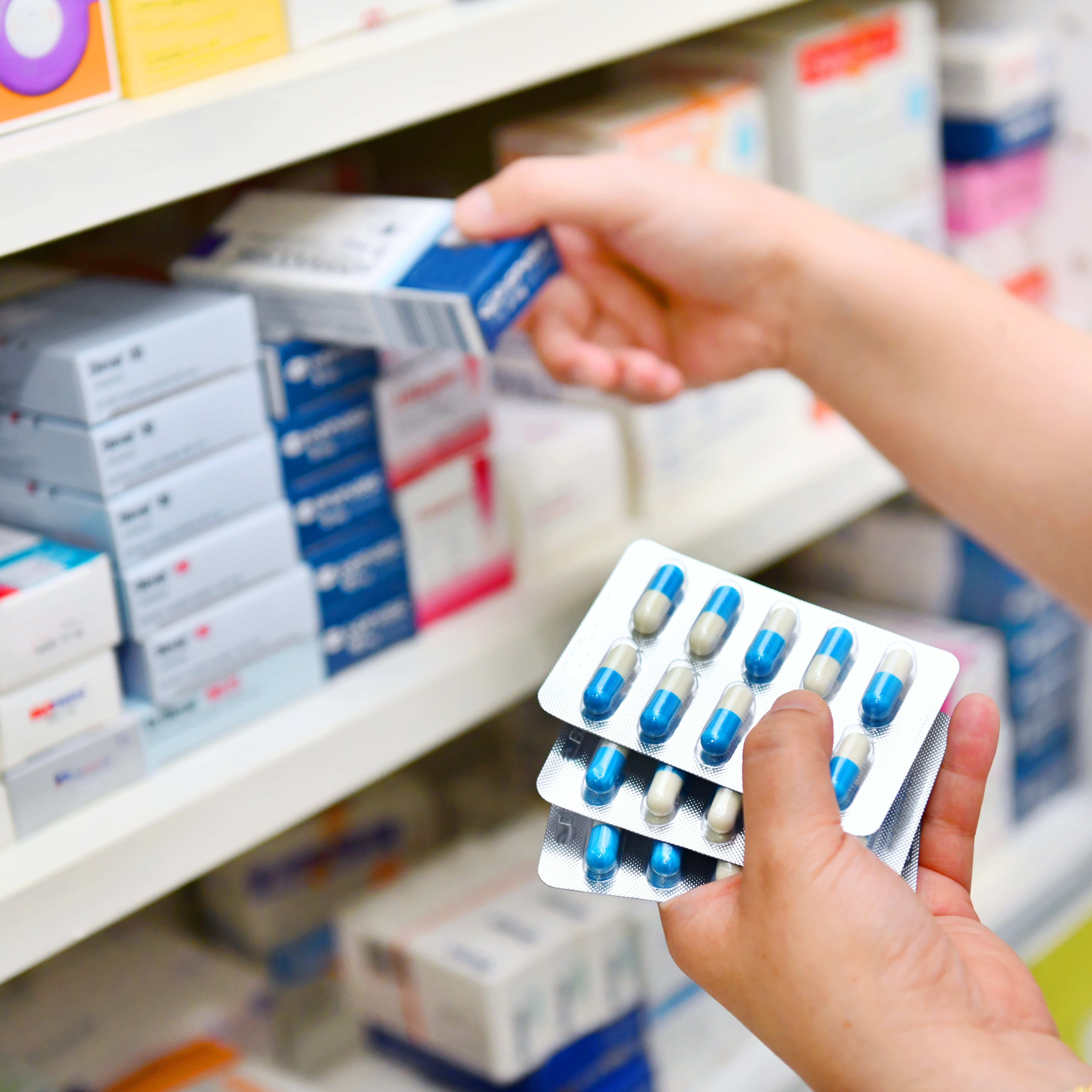If you’ve ever been prescribed a medication and found out a generic alternative was available, you probably had some questions. Andrea Howell, Pharmacist and Director of Pharmacy at Pullman Regional Hospital, explains the difference between name-brand medications and generic medications, what you should be aware of when taking them, and how to ensure your medications are safe.
Why are brand-name drugs more expensive than generic medications?
Brand-name drugs are patented by the drug company that developed the drug. A new drug takes a lot of time and money to research and develop. It can take several years to get a drug to market, including clinical trials, prior to FDA approval- meaning large expenses for the drug company. To cover these enormous expenses, drug companies often charge a premium for the end product.
Do generic drugs have the same ingredients as brand names?
Generic drugs have the exact same active ingredient as the brand-name drug. What is different are the inactive ingredients like binding agents (what holds the tablet together), ingredients that make the tablet a reasonable size to take, ingredients that help the tablet dissolve in your stomach, and sometimes color. In general, the side effects would be the same as the brand-name drug. Sometimes, due to the inactive ingredients people absorb the tablets differently or have reactions to inactive ingredients. “If you are lactose intolerant for example, lactose can be used to make the tablet a reasonable size to take, and you might find you don’t tolerate the generic with lactose as an inactive ingredient,” says Howell. Someone may be allergic to something used in the brand-name medication, but be able to tolerate the generic one more easily (or vice versa).
It’s important that before you start taking a new medication- name brand or generic- you read about any possible side effects to watch out for. Side effects differ from medication to medication and can range from mild (dry mouth, drowsiness, rash, etc.) to life-threatening (anaphylaxis, blood clots, kidney failures, etc.).
Are generic drugs lower quality than brand name?
Generic drugs are not the same as generic brands at the supermarket. While your store-brand snacks and products may be of lesser quality or not directly comparable to the name brand alternative, medications are different. “Generic drugs still undergo rigorous testing to ensure they are bioequivalent to the brand drug,” assures Howell. So, in short, no — generic drugs do not mean lesser quality.
Is it dangerous to switch back and forth between generics and brand name medication?
No, but Howell explains that, “the exception would be for drugs with a narrow therapeutic range (the range of medication in your system that is high enough to treat the condition and not above a level that has increased side effects or problems).”
If you are taking a drug that requires drug levels to ensure your condition is treated appropriately, it is best to consistently take the same drug—whether it be name brand or generic; these include seizure medications, thyroid medications, and some anticoagulants like warfarin. If you need to switch for availability problems, or insurance coverage, you may need to check levels more frequently and adjust your dose as your doctor prescribes in order to maintain the drug level you need.
As a consumer, what’s important to consider when filling a prescription or purchasing over-the-counter medications in regards to brand name versus generic?
Generic drugs can treat your medical conditions effectively and often less expensively. “In general, if a generic is available, start there,” suggests Howell. It’s important to look at the list of inactive ingredients if you have allergies or intolerances, as these can differ from generic to generic. Some commonly used inactive ingredients include aspartame, lactose, soya lecithin, sulfites, and benzoates. Always check the ingredient list before starting a new medication.
Talk to your doctor or pharmacist if you have questions. Your pharmacist can also help navigate inactive ingredient issues with prescription medications.
Howell wants people to remember that medications, name brand and generic, are tools to help improve your health and wellbeing. All tools need to be used appropriately in order to gain maximum benefit. If you have questions regarding your medications, talk to your doctor or pharmacist.
You May Also Be Interested In:
